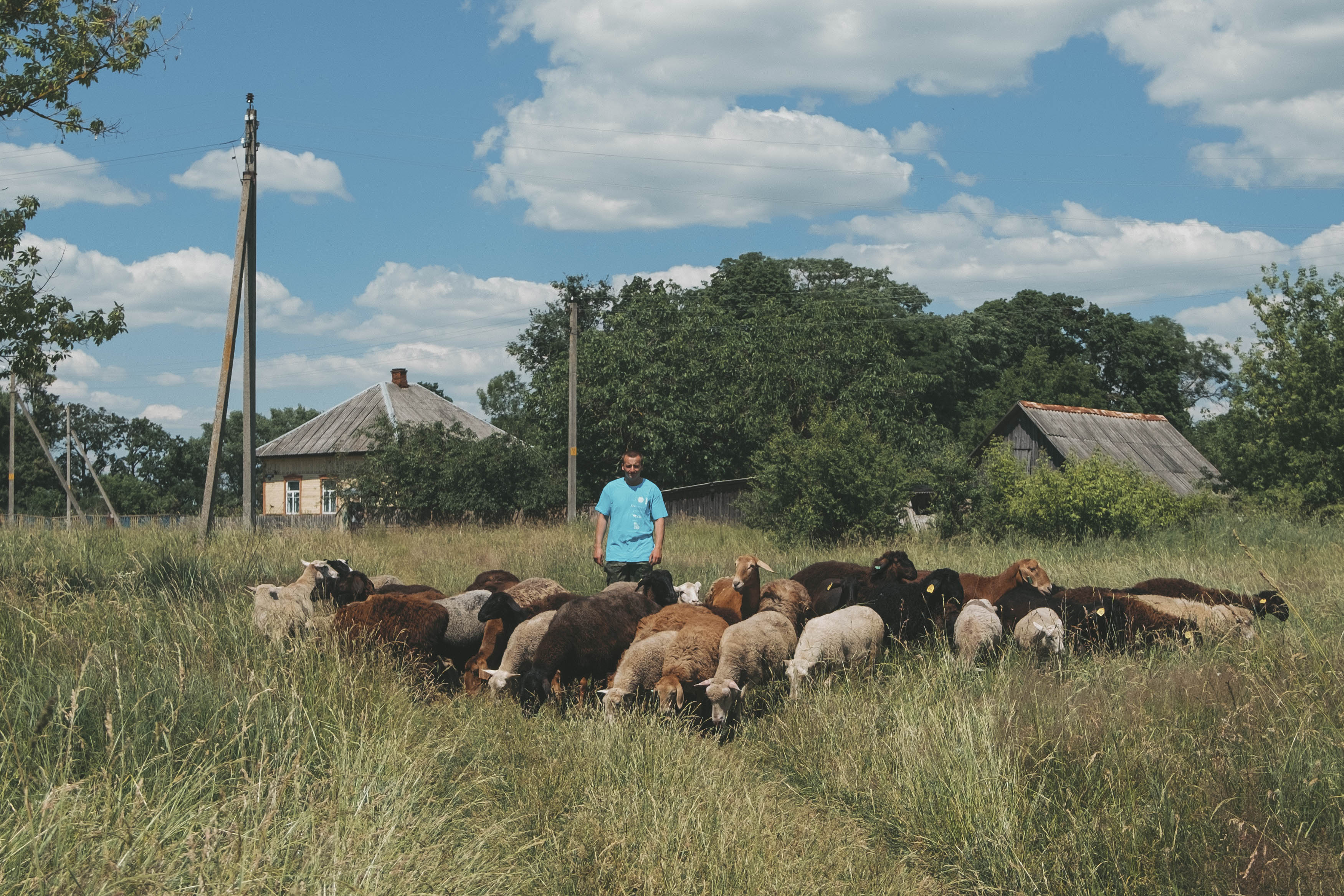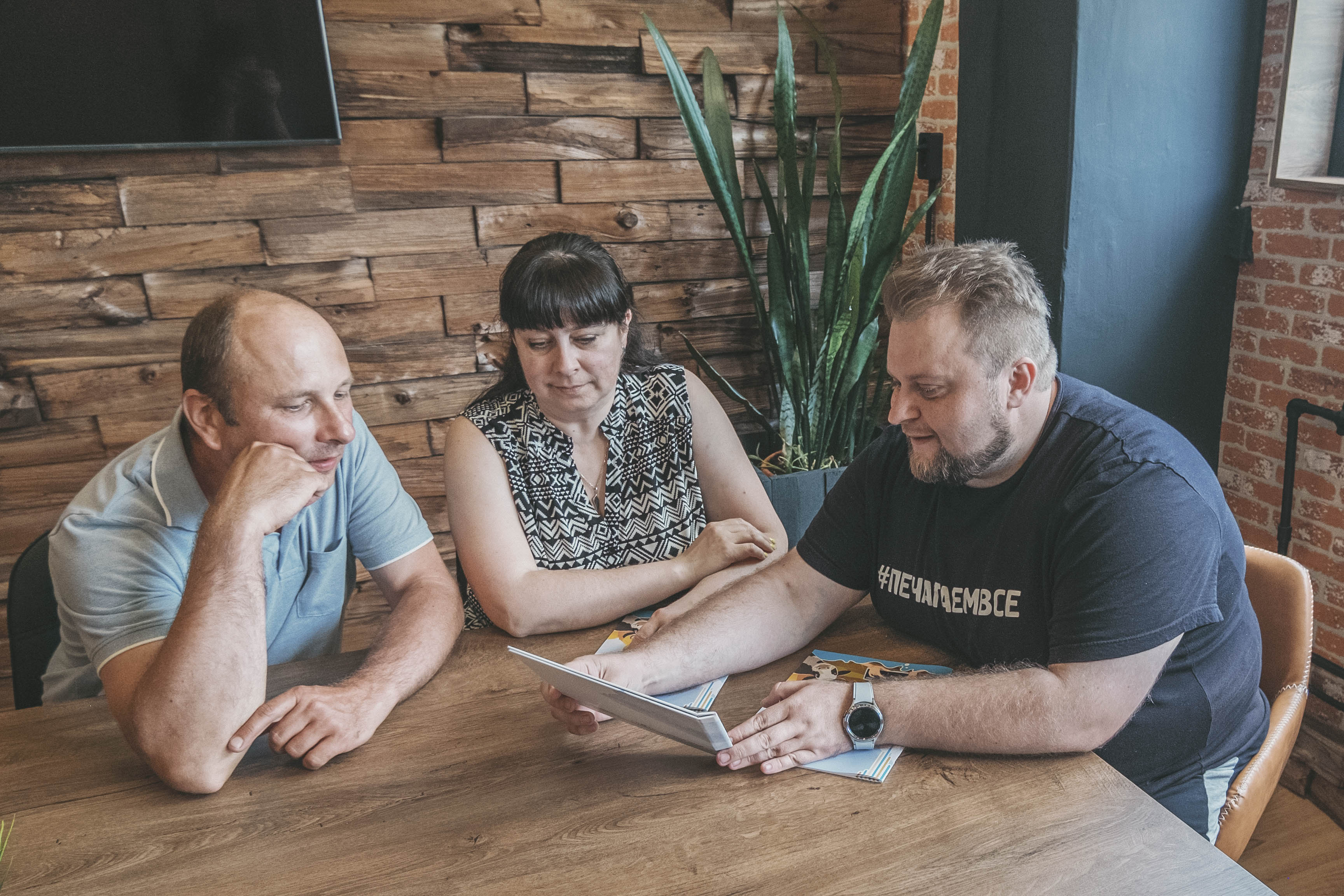Cluster initiatives increase the sustainability and competitiveness of economies in rural areas by combining resources, knowledge, and supply chains of local businesses to produce goods and services, create new jobs, and drive business innovation.
Entrepreneurial cluster as a tool for the development of Chernobyl-affected areas of Belarus
26 April 2023

The explosion of the fourth reactor at the Chernobyl nuclear power plant 37 years ago had a drastic humanitarian, social, economic and environmental consequences for Belarus. Even nearly four decades later, the affected regions continue their struggle with the long-term impacts of the disaster. Belarus invested great efforts and resources to restore lives of the local communities and to re-ignite the damaged economy.
To support the affected population and the economies on their path towards recovery and development, the government has implemented six large-scale national programmes.
The combination of the national efforts and the support coming from the international community, including UN agencies, made it possible for the districts to upgrade from suffering to developing areas. Today the Chernobyl-affected districts host techno parks and new industrial enterprises where innovations and technologies are nurtured and applied.
In accordance with the National Strategy for Sustainable Development of the Republic of Belarus until 2035 the government is taking measures to ensure sustainable socio-economic development of the territories recovering from the Chernobyl accident, increase competitiveness and strengthen their economic and human potential.
Supporting the sustainable regional development of Chernobyl-Supporting the sustainable regional development of the Chernobyl-affected areas id one of the UNDP’s priorities in Belarus. UNDP recognizes the development potential of these districts and puts innovation, investment, and partnerships at the core of its support.
In partnership with Belarus’ Ministry of Economy and with financial support from the European Union, UNDP helps develop and pilot innovative business models to support local entrepreneurial initiative. Cluster entrepreneurship has powers to increase the sustainability and competitiveness of local economies by combining resources, knowledge, and supply chains of local businesses to produce goods and services, create new jobs, and stimulate business innovation.
The organization of small local businesses into entrepreneural clusters makes it possible to replace traditional and outdated business models and mechanisms and increases the sustainability and flexibility of small and medium-sized enterprises. This is largely achieved by combining the production capabilities and resources of several businesses operating in different but complementary spheres.
Thanks to the cluster initiative, private agricultural dairy producers in the Bragin district have reduced their costs by 10%, started producing 30 types of their own dairy products and increased their income by 30%.

Due to new technologies and business approaches, farmers in the Bragin district were able to reduce production costs by 10% and increase their income by 30%.
By uniting into a cluster, 12 farmers purchased milk storage and transportation equipment, which made raw milk less likely to spoil on its way to the dairy plant and increased their income from selling fresh products by 30%. The cluster members also purchased cheese dairies, separators and butter churns. A master cheesemaker was invited to train farmers in milk processing, pasteurization, separation, cream whipping and cheese-making technologies.
Being empowered by a new knowledge the farmers switch from selling raw milk to dairy production, the output volume of which has increased by 10% since the start of the cluster. The shift helped create two new jobs and after the cluster participants set up their own online marketplace to promote farm products and services, the sales increased by 10%.
The marketplace also became a tool for establishing partnerships with entrepreneurs from the neighbouring districts.
Cluster entrepreneurship helps form growth points for innovation and technology development. Working together, entrepreneurs are more open to creativity and innovation in doing business.
In the most affected Khoiniki district, seven entrepreneurs who work in the printing and design industry united into a printing cluster and set up a modern printing center.

The entrepreneurs of the cluster initiative provide many services: bookbinding, design development, printing and photography.
Technology, cooperation, optimization of business processes and resources allowed the cluster to expand the product line by nine items that are new to the local market, improve quality and increase production volumes. Two new jobs were created in the initial phase, one is for a person with disabilities. Two more people were trained to operate the new equipment.

In addition to advertising printing and design services, the cluster has created a modern creative co- working space.
Thus, clusters become agents of innovation at the local level.
The clusrer initiatives demonstrated concrete benefits coming from innovation and technology. This inspires local business communities and helps promote business innovations within specific areas and aslo their dissimination to the neighbourinf territories.
In addition, being open and flexible, cluster enterprises attract local individual entrepreneurs who become participants in innovative processes. For example, the informational online resource of the ecotourism cluster in Bykhov district helps owners of local agro-eco estates get involved in the work of the cluster.
Support for cluster initiatives in the Chernobyl-affected areas cobtributes to the implementation of the National Stratregy for the Development of Small and Medium Enterprises “Belarus – a land for successful entrepreneurship” for the period until 2030.
UNDP helps local businesses leverage the cluster model UNDP helps to increase productivity through innovation, partnerships, and technology, and to expand to interregional and national levels with their products and services.
A creation of new jobs is another significant benefit of using cluster entrepreneurship to develop Chernobyl-affected areas. For instance, in manufacturing, entails the need to hire new workers for logistics or promotion.

 Locations
Locations

